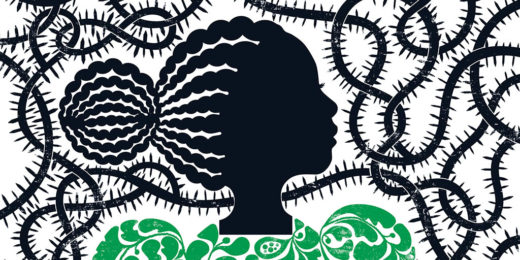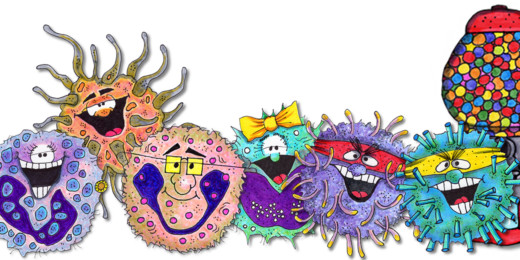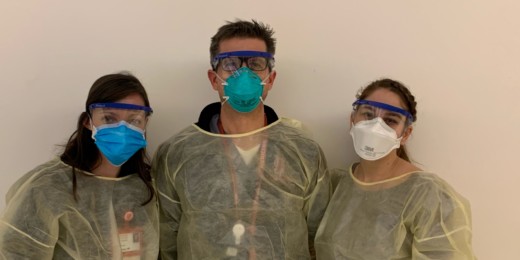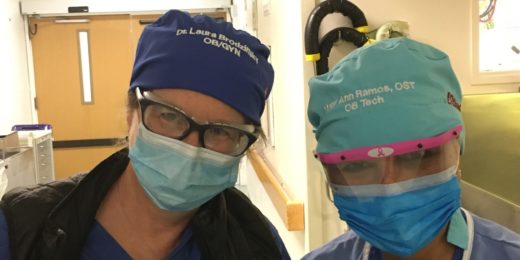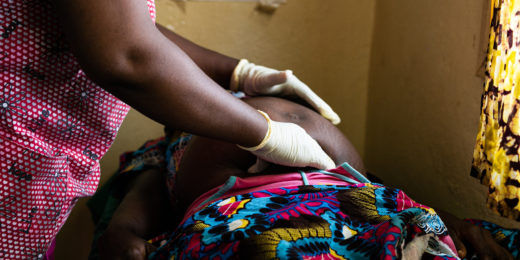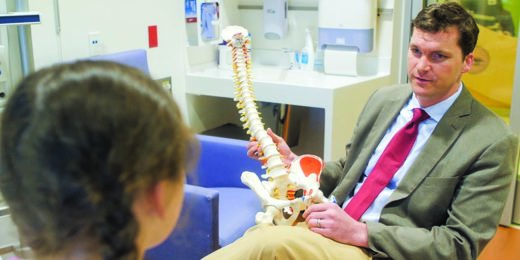After a lull early in the pandemic, head injury rates for kids are ticking up again. Parents should know what to do if their child gets hurt.
Author: Erin Digitale
Program improves resilience for parents of kids with autism
Learning techniques to build resilience lowers the stress and anxiety of raising a child with autism, Stanford research found.
Understanding the risks of seizure-stopping drugs in pregnancy
Newer anti-seizure drugs have a good safety profile for the baby when used in pregnancy and breastfeeding, according to a Stanford-led study.
Maternal care and race: ‘Birth equity is where a whole life starts’
Across the U.S., unequal medical care is harming nonwhite new moms and their babies. Stanford experts are studying how to flip the trends.
Stanford experts talk COVID mental health transitions in 2021
The next phase of the global pandemic will bring new mental health challenges, so Stanford experts offer tips for building resilience.
Former patient writes book for kids on stem cell transplants
A cancer survivor treated at Stanford has written a book to help kids facing stem cell transplant understand the procedure and approach it with courage.
Technology equality gap for kids’ diabetes treatment is growing
As more children and teens with diabetes use technology to treat the disease, U.S. kids of lower socioeconomic status are being increasingly left behind.
It takes a team: Caring for kids with COVID-19
In this Voices of COVID story, Stanford Children's Health physician Alan Schroeder, MD, talks about his work caring for kids with COVID-19 symptoms.
Names on surgical caps boost communication during C-sections, study finds
Wearing caps labeled with names and roles made it easier for everyone in the operating room to communicate during C-sections, a Stanford study found.
Data from twins suggests that gut bacteria are important in food allergies
A Stanford-led study of twins with and without food allergies has uncovered differences in the fecal bacteria of allergic and non-allergic individuals.
Predicting premature birth in low-resource settings
A blood test that predicts if a baby will be born prematurely works well for pregnant women in developing countries, a Stanford-led study found.
Lessons in inequity from a global health study
A public health program in India improved maternal and child health initially, but was at risk of leaving behind disadvantaged participants when it expanded.
Weathering the mental health strains of a global pandemic
More than a third of U.S. adults have had symptoms of anxiety and depression during the global pandemic, so Stanford experts are figuring out how to help.
Tiny bits of RNA give window into adult congenital heart disease in Stanford study
MicroRNA in the blood holds clues to heart problems in adults born with tetralogy of Fallot, a type of congenital heart disease, Stanford research shows.
A Stanford virus expert combats the COVID-19 pandemic
Stanford epidemiologist Yvonne Maldonado has brought her deep knowledge of viral outbreaks to several key roles in the fight against COVID-19.
Stanford surgeon studies how to improve scoliosis treatment
Stanford researchers have several projects underway to improve imaging techniques, bracing treatment and surgeries for kids and teens with scoliosis.





